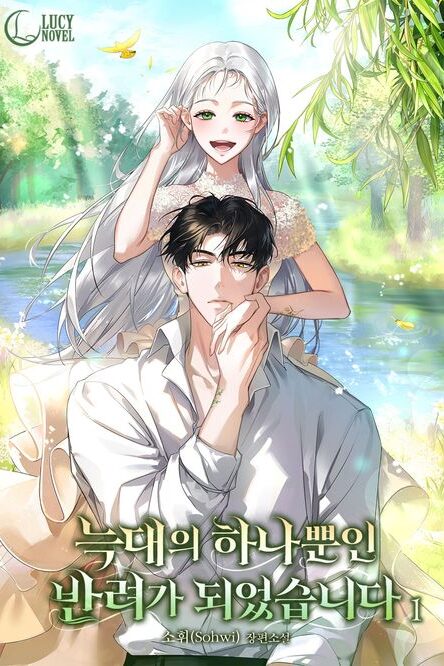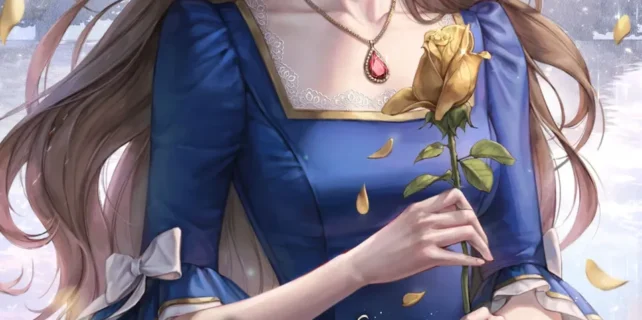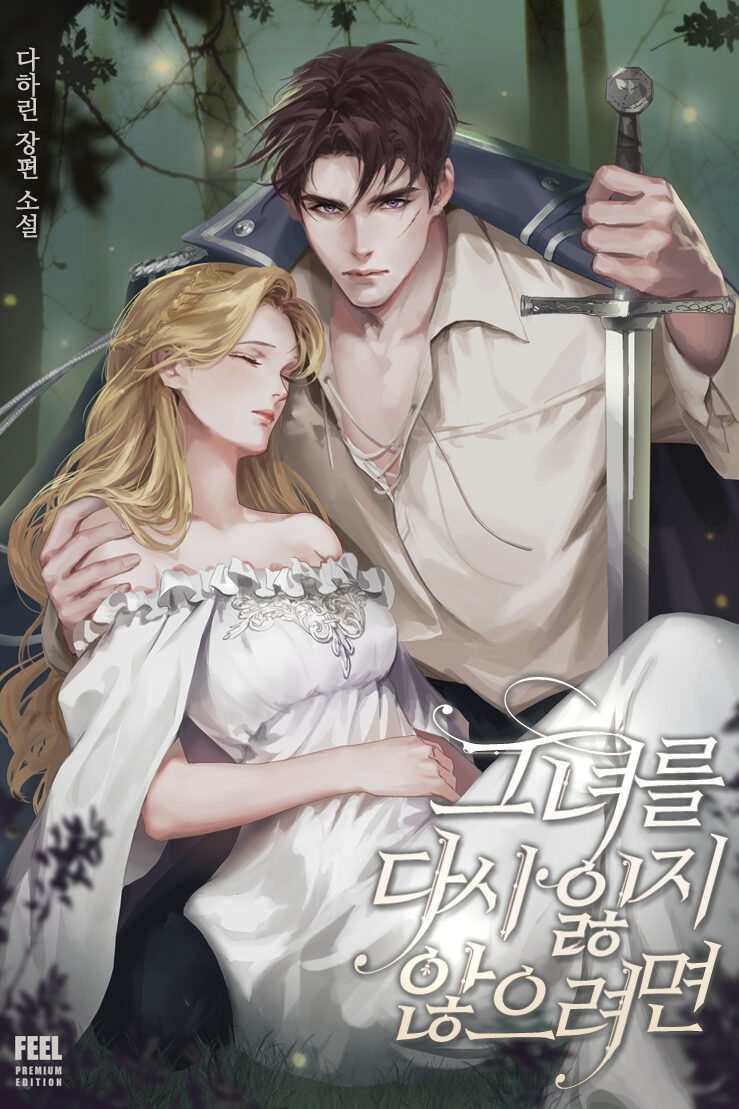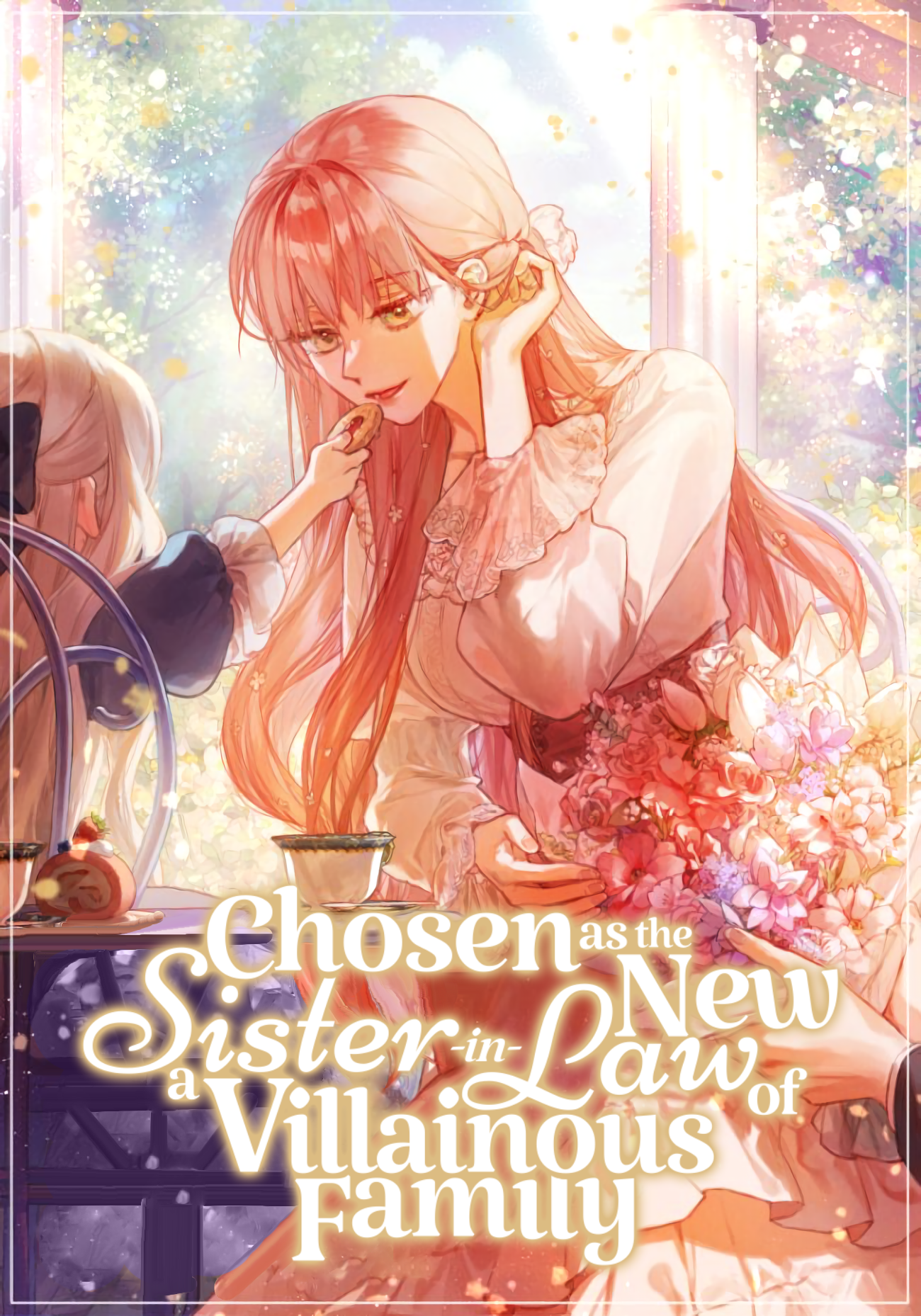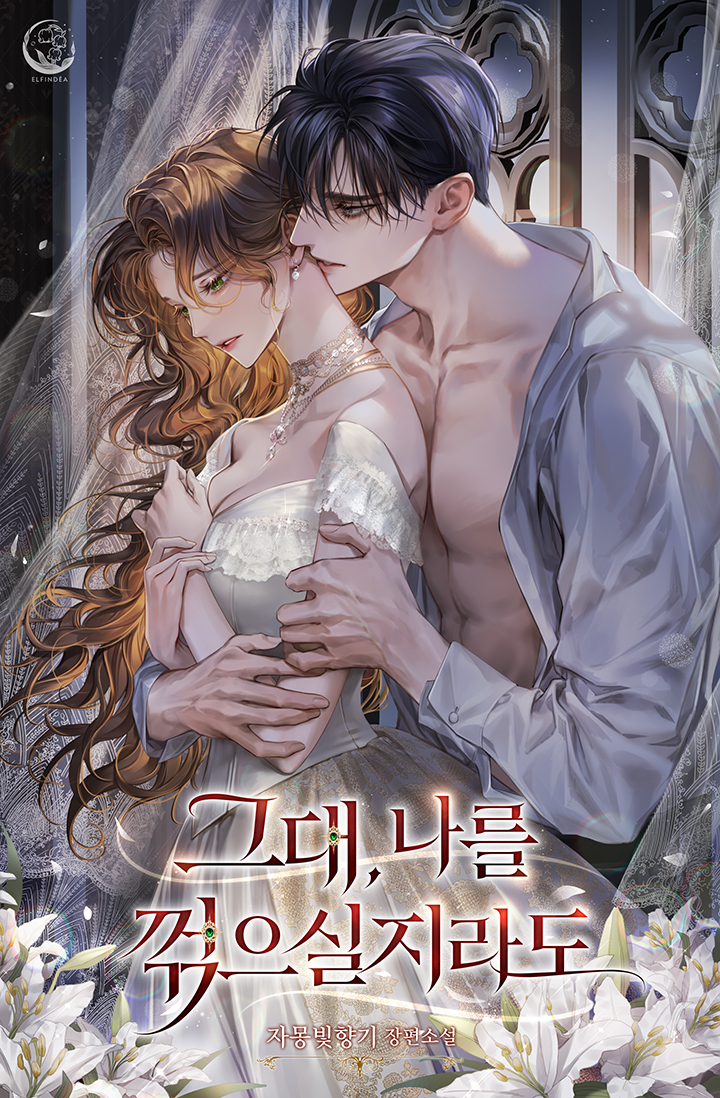Chapter 2
Damn this double question.
If I answer ‘yes,’ I’ll look like a jealous fool, and if I say ‘no,’ it means I acknowledge the premise of the question.
In other words, it implies that I think Nathan was ‘taken away’ from me…
“No, no, no!”
“What?”
“No!”
Saying it three times doesn’t solve the problem, but Alice first silenced Marie with her voice.
Damn it, her mind was boiling with confusion and anger. It had already been three years since they lost contact, yet that gossip still lingered.
“I have no relationship with Professor Nathan. I have no feelings for him.”
“What about respect? You must have that at least.”
“Ha…”
“If you think I’m being pathetic, I can’t help it. You are my last hope. My father doesn’t want this to escalate, and the police won’t act on such a trivial letter…”
Of course, that absurd letter was probably meant to pass through whatever censorship the village might have.
Alice pressed her forehead in thought. The contemplation didn’t last long; her twisting stomach compelled her to speak.
“How much of an advance can you offer?”
“Ah…!”
“Not a check, but cash that can be provided immediately.”
“Just a moment!”
Marie was not being petty with her last hope. Cash piled up next to a check, and soon it would be natural for a contract to be placed beside them.
“Thank you, thank you so much! You truly embody Nathan’s kindness—”
“I’m interested in local enlightenment as a licensed doctor. Filling a corpse’s insides with flowers suggests that there are unscientific rituals still alive in that village.”
Alice had said this about ten times, but she wondered if Marie understood.
Alice signed the contract. Marie stared at her rough, thin hands for a while before placing a can of hand cream embossed with a department store logo on the table and standing up.
“Alice, I’m counting on you.”
“Yes. Please contact me as soon as you find a guard. We need to coordinate schedules.”
“Thank you so much. Truly… Just as you’re giving me happiness, I believe you’ll find happiness at the end of this journey too!”
After leaving those sincere yet hollow words, Marie La Serda left Alice’s apartment.
The musty room was filled with the scent of perfume. Alice nervously waved her hands and cleared away two coffee cups.
‘Damn it.’
Marie was really the kind of person she couldn’t bring herself to like—though that was secondary since Alice disliked nearly everyone—but she wasn’t so unkind as to drink coffee that tasted like firewood.
Her tired face was clearly reflected in the spilled coffee on the floor.
Alice Boucher.
The first female doctor in the country and the only unemployed graduate from the Canery City Academy of Medicine.
Naturally, she had been a topic of discussion since she entered medical school.
Could a young woman handle blood and guts? Memorizing human anatomy with a little brain that struggles even with cooking recipes? Facing naked male patients? How shameless!
The public’s chatter could be ignored, but such foolish resistance existed within the medical school as well. Without Nathan’s help, a friend of her late father, she would not have graduated.
Although her graduation was somewhat delayed due to pouring time and effort into his research lab, considering the world’s gaze, Nathan’s assistance was extraordinary and appreciated.
However, the real problem began after graduation.
Alice couldn’t find a job.
Hospitals, big and small, in the city rejected her applications, fearing that if they hired her, there would be more people coming to gawk at a female doctor than actual patients.
To avoid facing her classmates, whom she despised, she eventually applied to the affiliated hospital of her alma mater. The interviewers nitpicked at her grades.
“You spent all your time in Professor Nathan Labouff’s lab, didn’t you? He must have given you good grades.”
Damn it.
And the damnation continued for even longer.
As her year-long gap filled up, city hospitals began to return her applications with the question, “Why can’t a medical school graduate find a job?”
The small inheritance left by her parents had long run out.
She managed to scrape by by examining patients who died from diseases everyone avoided or by substituting for the neighborhood old doctor when he was bedridden with neuralgia.
Of course, there were other paths she could take to survive. She was still in her twenties and healthy.
But the humiliation she had endured since the day she applied to Canery Medical School pierced through her like a nail.
If she wasn’t going to live as a doctor, then why had she suffered for years?
The days spent waking up on the lab floor and rushing to class, grinding her teeth from stress until her molars cracked, the hidden patch on the back of her head, the graying hair at her temples from worry, and the scornful gazes of classmates that began with curiosity and ended in disdain—she couldn’t let go of any of those wounds.
She could ignore reporters flocking around writing stories like ‘It’s too much for women to be doctors.’
But the struggles of her mother, who believed Alice would become a doctor, and the sacrifice of her younger brother…
In the end, there was only one answer.
If she couldn’t live as a doctor, she would end her life in a doctor’s way.
Alice went for an interview at a nearby large hospital knowing she would fail. On her way out, she discreetly pocketed some discarded medication—an antidote.
If she injected it into her forearm vein…
…it would have been over.
Alice felt a mix of humiliation, hunger, and guilt.
However, just before she pushed the syringe piston, Marie La Serda knocked on her apartment door, crying as if she were about to collapse, and handed over Nathan’s letter, sharing a strange story.
‘Damn it.’
Alice unfolded the letter Marie had left behind. It was written in Nathan’s handwriting, which she had seen countless times during her university days.
[This village is perfect. I am really happy!]
‘Happy?’
Was that happiness created by unrefined psychoactive drugs, or was it born from a knife pressed against the throat?
Either way… honestly, she couldn’t deny that it was intriguing.
‘How did they kill the marquis’s son? Who could make such precise incisions that the coroner wouldn’t notice? How did the victim become incapacitated? Was Professor Nathan in a weakened mental state or not…?’
If it weren’t for her stomach growling, Alice would have continued throwing riddles at herself.
Snapping back to reality at the sound of her stomach, she rushed to the nearest bakery with the advance payment in hand and swept up everything in sight: bread, butter, real olive oil, high-end jam she had never tasted before, and clotted cream.
It had been a long time since she had sipped tea without floating powder. She also belatedly remembered that beef was a juicy food. Not all wines were sour. As dessert, a whole container of raisin cookies found its way into her stomach.
Only when she had digested all of that did reason slowly return to Alice’s mind.
Her frontal lobe concluded that ‘going to that village is too dangerous,’ but by then, more than half of the advance payment had already gone into her stomach and into the drawer of her landlord’s desk.
However, regret was brief.
‘It’s fine. I was destined to die anyway if it weren’t for this.’
Moreover, considering this was a request she received because she was a doctor, it didn’t feel too bad.
‘I was told to help Professor Nathan while pretending to volunteer.’
She soon began preparing for her journey.
Alice’s first journey was daunting, and the thought that she might have to stay in the village for several months led her to pack her bag with all sorts of essentials and emergency supplies. She also included various medical tools just in case.
On the day she finally left the capital, Alice carried a backpack as large as her torso and a trunk just as big. The coachman, arranged by Marie, asked, “Are you moving?”
The journey was painfully long.
The first coachman dropped Alice off at Dehib, and the second one picked her up in a small town. As she traveled farther, the condition of the carriages worsened. The last carriage arranged by Marie was a shared one.
‘I’ll probably get bedsores by the time I arrive.’
Alice shifted her weight repeatedly. Of course, that wouldn’t solve the inherent problems of a long carriage ride; the accumulated weight on her tailbone just pressed harder against her spine.
An old man sitting across from her asked,
“Madam… Lady? What brings you all the way to this countryside?”
His tone was far from welcoming. His fingers gripped his bag tightly, clearly indicating he didn’t want to get involved with her.
Alice knew well that she didn’t have an appealing appearance.
She wasn’t a beauty; she was too thin and had a slightly angry expression as if someone had pinched her brow. Her frizzy brown hair, mixed with gray strands, made it hard to gauge her age.
In addition to that…
“I’m a doctor.”
This blunt response only served to further distance her from people.
The old man’s eyes widened in surprise.
“A woman?”
“Yes, I’m a woman and a doctor.”
“Are you mocking me for being an old man? I’ve heard there are women who attend universities in the capital…”
Alice didn’t try to prove herself further. Instead, she turned her head away, and the old man laughed as if he thought he had been mocked.
Soon enough, even that laughter was drowned out by the creaking of the wheels.
The carriage soon dropped off passengers at the terminal, a small town several dozen kilometers away from the village of “Reki.”
Marie had said she couldn’t find a coachman to take her all the way to Reki. Instead, she would arrange for a former mercenary to accompany Alice, suggesting they ride in together.
‘The assistant is supposed to arrive tomorrow.’
Alice had barely declined the suggestion to meet and depart together from the capital by saying she would gather information in the nearby town first. Honestly, she wanted to minimize the time spent alone with a stranger.
‘Of course, I need to gather information.’
Alice entered the first inn that caught her eye. The ground floor was filled with guests at tables in the dining area and pub, all of whom turned to look at her.

